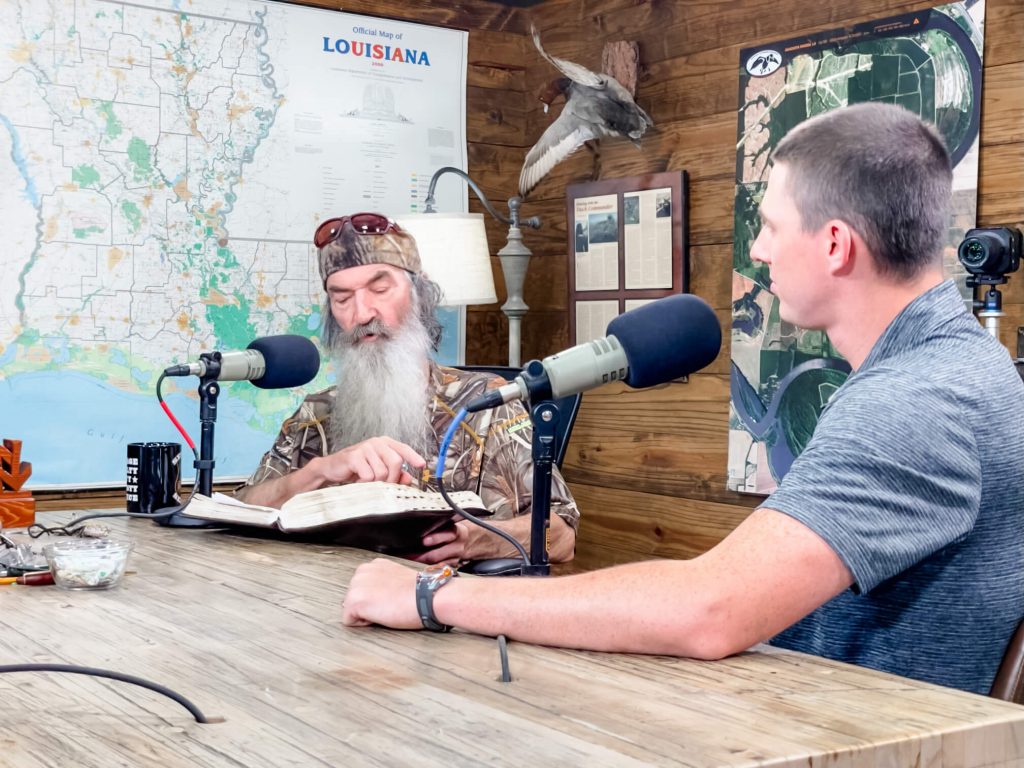Last month, I wrote about the importance of “turning toward” the marriage relationship in recovery from pornography addiction. “Turning toward” has, for us, become the foundation for our experience in long-term health and healing, and our experience is this:
WE ARE ON THE SAME TEAM
Early on, it seemed to me like Andy and porn were on a team. They had spent a lot of time together over the years, and they had become best buds. I felt like I was on the outside, attacking his dear friend, when I said I wanted it gone from our marriage.
I think that’s typical of many couples in the early stages of recovery, and we end up battling against each other, rather than teaming up against the actual invader of the relationship: the addiction.

In my memoir, As Soon As I Fell, I wrote about having this aha-moment in the middle of an argument:
I remember one night we were having one of our worst fights ever, after he’d confessed to looking at porn again. He was saying “It’s just lust” and I was saying, “You’ve got to be kidding me,” each of us deeply entrenched in our own position. As the argument escalated, I realized I had to stop myself. I said to Andy, “Okay, I’m just going to listen now. I just want to understand what you’re trying to say.”
I didn’t agree with what he had to say, but I wanted to understand, and I wanted to get us working on the same team. I became deeply convinced that we had to turn the conversation away from our disagreements about behavior and motivation. We had to establish some deeper understandings, which I hoped would then impact what happened on the surface.
That didn’t mean he could just throw himself into the depths of pornography addiction and I would be fine with it. He had to work on the addiction. He had to work hard. I wasn’t going to be silent, either. I was going to state my boundaries and hold to them. However, if he was genuinely taking responsibility for himself, then I had to accept that he was working on his issues in the way that he felt was best. That wasn’t going to result in perfection, today, but he really was working on it.
I think I was able to accept that compromise more readily, because he was accepting me while I was working on my mess of depression and anxiety, in my own way. Eventually, we agreed to this. He had to own his issues and work on them himself, while turning toward the relationship emotionally. I had to own my own issues and work on them, while turning toward the relationship emotionally. As long as we were each turning toward the relationship, we had to accept the other person in good faith, wherever they were in that moment.*
When we’re ready to get on the same team, it’s vitally important to recognize that we each have to be fully engaged in taking responsibility for ourselves.
- Andy has to take responsibility for himself: his behavior, his emotions, his thoughts, his habits.
- I have to take responsibility for myself: my behavior, my emotions, my thoughts, my habits.
If one person takes responsibility and the other person doesn’t, it’s as if the star quarterback spent the entire off-season parked at Dairy Queen downing Blizzards, rather than looking at game tape and working out like he was supposed to.
We know and understand this in team sports, but we forget it in marriage: there’s no way you can win games unless each member of the team does their individual work.
Here are some questions to help you evaluate the state of your “team”:
1. Is my husband taking responsibility for his addiction and doing the work of recovery?
2. Is my husband able to turn toward me emotionally? Does he accept my emotions without minimizing or blaming?
3. Is my husband engaged in our relationship and in our family? Not just when I’m upset about a relapse into pornography, but at other times as well. Is he fully present, emotionally speaking?
4. Am I taking responsibility for myself? Educating myself? Working through the emotional pain with a group and/or therapist?
5. Am I able to turn toward my husband emotionally? Can I accept his emotions without punishing or blaming him?
6. Am I engaged in our relationship and in our family? Am I fully present, emotionally speaking?
If you answered “yes” to many of these questions, you’re probably engaged in good teamwork already.
If you answered “no” to many of the questions, then you’re probably still battling each other rather than the porn.
The other possibility is that you’re doing your part, but your spouse isn’t. If that’s the case, then you’ve got hard choices to make. I’d encourage you to check out the free download, Hope After Porn, in which several women share their stories of recovery in tough circumstances. https://www.covenanteyes.com/hope-after-porn-how-their-marriages-were-saved/
*If you would like to read more of As Soon As I Fell, it is available at Amazon.








Thanks for this article, very illuminating and challenging